DATA & EVALUATION COMMITTEE
The Colorado Blueprint to End Hunger’s Data & Evaluation Committee unites partners who value inclusive data, promote resource sharing, and practice data equity. By connecting data efforts across Colorado's food system, we can support informed decision-making and collaboration across organizations and communities.
Data is defined as both qualitative data (experiences of Coloradans) and quantitative data (information collected and communicated through numbers).
COMMITTEE MEETINGS
Monthly on the third Wednesday from 2 - 3:30 p.m. on Zoom
Next meeting:
Wednesday, April 23
Agenda
*Rescheduled due to global Zoom outage on April 16
Past meeting notes:
March 19, February 19, January 15
Interested in joining this committee?
Anyone with an interest in data and evaluation is welcome to participate! Please contact Kasey Neiss, Data & Evaluation Analyst, to learn more and get added to the member list for calendar invitations. All new members must schedule an orientation before officially joining.
As part of our commitment to equity, we offer simultaneous interpretation in Spanish, closed captioning, and compensation to those who participate outside of their regular job. (Please contact us if you have other accessibility requests to fully participate.)
Committee Information
Staff Liaison: Kasey Neiss, Data & Evaluation Analyst
Committee Vision: Reliable, relevant, and equity-focused data guides and informs decision-makers at all levels who are working to ensure all Coloradans are valued, healthy, and thriving. In addition, meaningful learning supports goal development, effective implementation, and adjustment as the work continues to unfold.
Committee Purpose: Support the growth and development of Colorado’s food system by making data more accessible and easy to utilize. This group unites partners who value inclusive data, promote resource sharing, and practice data equity. By connecting data efforts across Colorado's food system, we can support informed decision-making and collaboration across organizations and communities. This group is meant to support ALL data efforts within Colorado’s food system, not just what the Blueprint is working on. Individuals in the group are encouraged to share their projects, ask questions, make connections, and collaborate on projects!
The committee will achieve its vision and purpose by:
Focusing on Learning – Staying up to date on the most recent public data and information relating to food security. Encouraging members to share their successes or failures which others in the group can learn from.
Accumulating Information – Obtain and share current information from state agencies and other trusted data sources.
Facilitating Connections – Fostering a space for collaboration and curiosity, where people with different levels of data and evaluation experience can come and learn, ask questions, and engage.
Ensuring Coordination and Collaboration – Those in the group may collaborate through data and resource sharing, consulting on projects, and co-applying for funding. Also ensuring that the data we are collecting and the work we are doing is uplifting the food system, as well as collected information is being used or shared when able.
Thought Partnership – Assessing where there are gaps in data across the food system and thinking through the best ways to meet the needs and determine the best partners to bring to the table, as well as supporting members of the group in their projects when they need input or feedback.
Key Updates:
Data dashboard: Access the Blueprint’s data dashboard, which hosts publicly available data in one place. This includes local, state, and national data for poverty, food access, food insecurity, SNAP and WIC participation, child nutrition, and public perception of hunger in Colorado.
Current projects: Working on a collaborative, local procurement map


